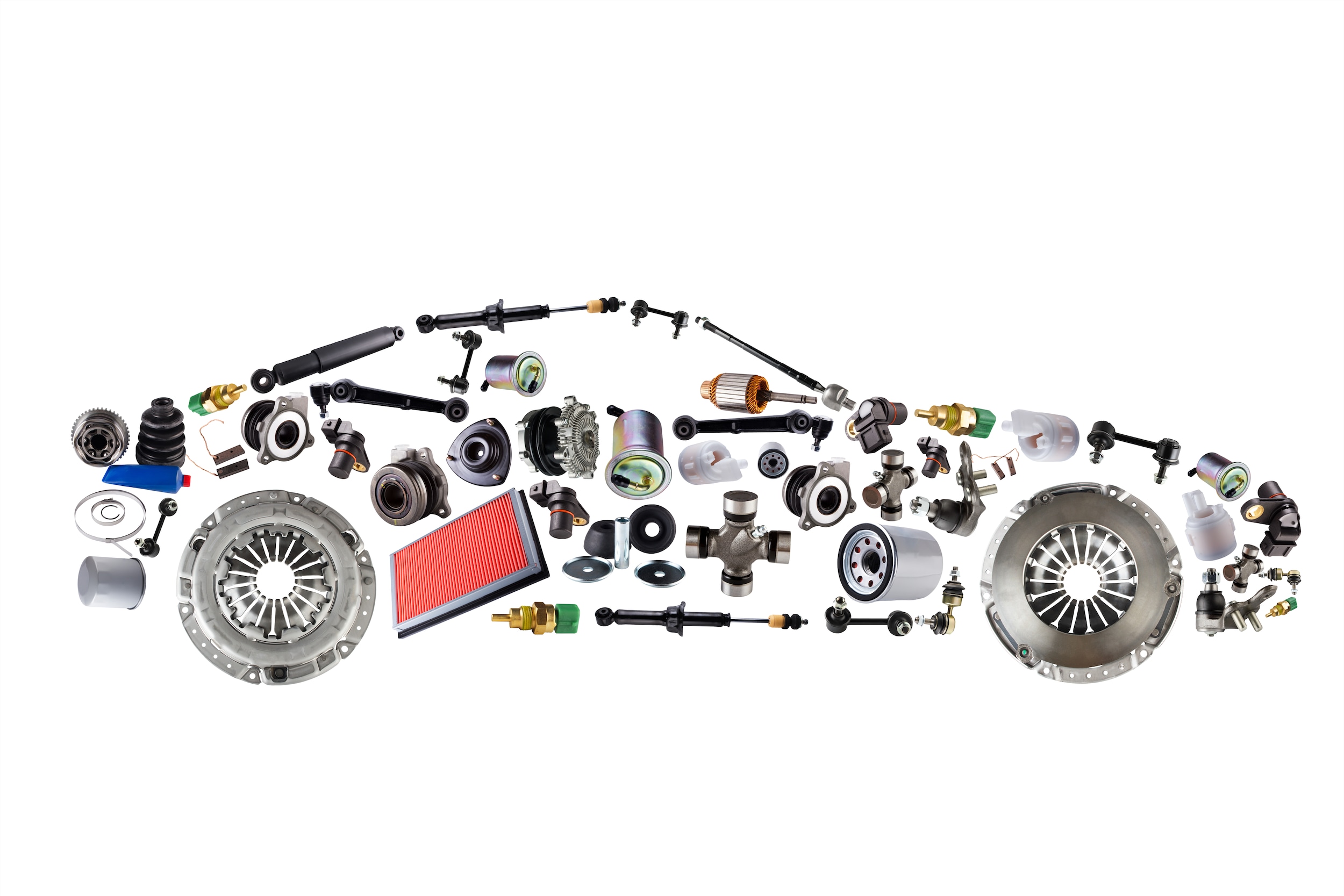Questions Answered about Car Warranties
All new cars come with excellent warranties that cover the powertrain, as well as bumper-to-bumper coverage of the vehicle. Some even come with roadside assistance and more. When you buy a new or used car, you may be offered an auto service contract that protects you from unexpected or expensive repairs. But you'll want to make sure you're not paying for double coverage when your new car warranty might suffice.
In this car warranty guide, we'll offer answers to such questions as: What is a car warranty? What is an extended warranty? How do I know what's covered? What are exclusions? First, let's start with the basics.









